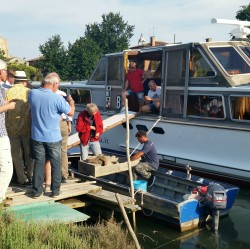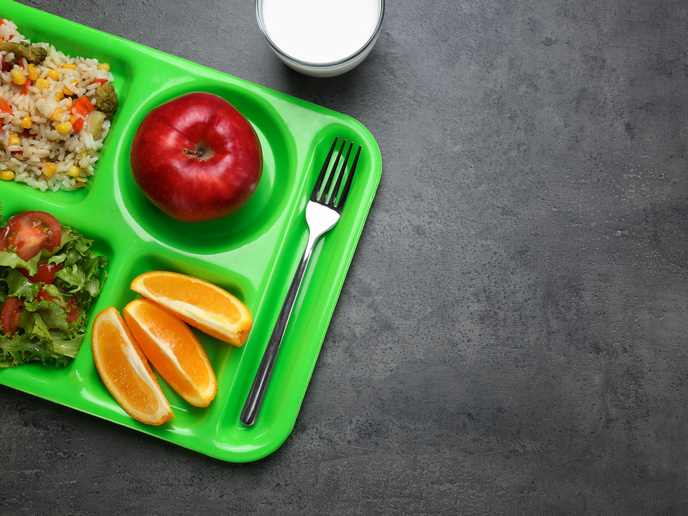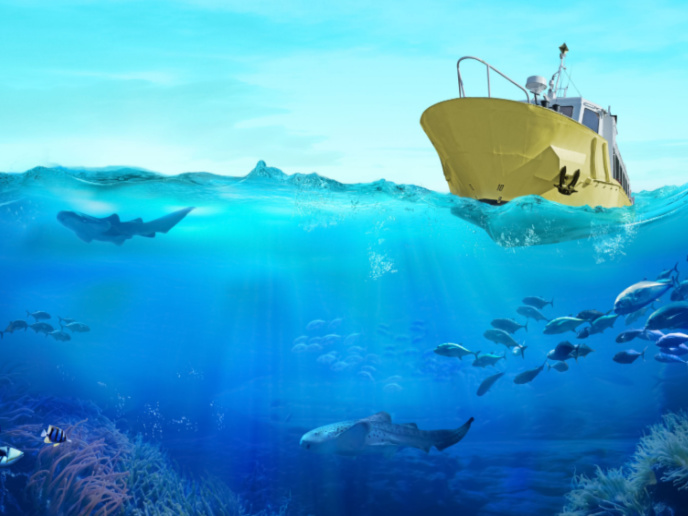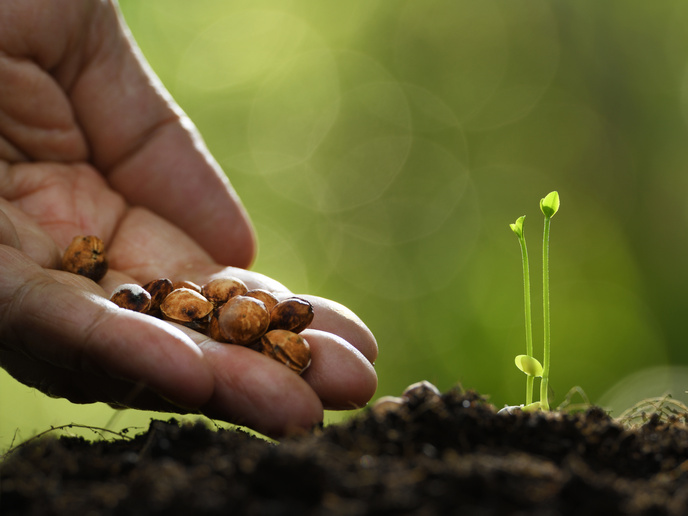New recommendations for growth of organic aquaculture
Organic aquaculture is a holistic method of organic farming that ensures the sustainable, environmentally friendly production of healthy fish, shellfish and seaweed, produced according to organic principles. Managing aquaculture in this way is growing more popular as consumers become increasingly aware about the positive effects of organic products on the environment and human and animal health and welfare. The project ORAQUA (European organic aquaculture - science-based recommendations for further development of the EU regulatory framework and to underpin future growth in the sector) was established to advance the scientific basis of organic aquaculture at the Europe-wide level. This initiative provided advice for the possible revision of EU regulations on organic aquaculture, taking into account different fish species and production systems, animal welfare and veterinary treatments, and environmental aspects. The project also increased understanding of fish farm economics and the competitiveness of organic aquaculture products in the EU markets. Seeing the big picture ‘One of the hallmarks of organic aquaculture is that it takes a holistic view, which considers all the aspects that production might have on the environment, farmed fish and society itself,’ explains Dr Åsa Maria Espmark, the coordinator of ORAQUA. A holistic approach also accounted for other aspects of organic aquaculture including the role of European regulation, scientific knowledge and stakeholders’ opinions. The project’s recommendations have successfully considered a range of viewpoints. Consortium members reviewed the relevant scientific knowledge available on fish health and welfare, organic aquaculture production and economics. An assessment was also made of consumer confidence and public perception of organic aquaculture. In addition, project partners explored critical issues concerning the regulatory and legal framework at both the national and EU-level. These findings were used to better inform regulatory bodies that are developing systems and standards for organic aquaculture across the EU. The results also helped to identify those socio-economic issues and bottlenecks that must be addressed to ensure the successful implementation of organic aquaculture. ‘We uncovered some knowledge gaps and other challenges that need to be addressed if we are to increase organic aquaculture turnover,’ says Dr Espmark. Engaging with stakeholders A multi-stakeholder platform was established to ensure maximum interaction with all relevant stakeholders, thereby benefiting the organic aquaculture industry and society as a whole. They included producers, consumers, retailers, feed and services suppliers as well as national and international regulatory bodies, environmentalists and non-governmental organisations. According to Dr Espmark: ‘There is a lack of public understanding about organic aquaculture and what an organic fish is. Awareness of the Euro-leaf logo, which is carried by products that are legally qualified as organic, is also limited.’ The team drew up recommendations to optimally enhance the economic development of the European organic aquaculture sector. This included the use of renewable energy, recyclable materials and waste reduction schedules, plus environmentally friendly packaging. The importance of actions that reduce the environmental impact of organic fish farms was also emphasised. ORAQUA also proposed a model structure for the continuous assessment and improvement of organic aquaculture in the future. This will take into account new scientific knowledge and changing competitive market environments. The work will thereby inform EU regulations on organic aquaculture to facilitate better health and welfare for cultivated species and the reduction of environmental impacts.
Keywords
Organic aquaculture, EU regulatory framework, holistic, ORAQUA, Euro-leaf







